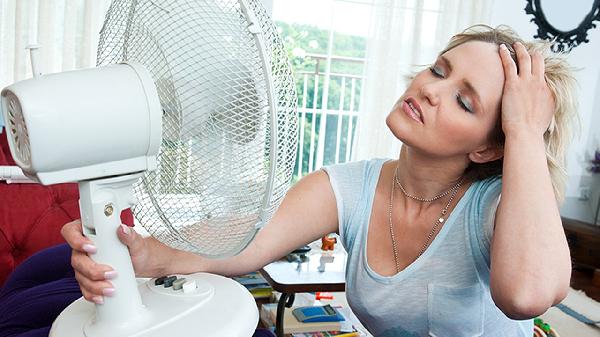Ultra-processed foods (UPFs) have become a central focus in health discussions in the 2020s, as more people grow conscious of their dietary choices. A recent study explored the effects of reducing UPF consumption, shedding light on the potential benefits of cutting back on these foods. With over half of the calories consumed in U.S. households coming from UPFs, this research offers valuable insights into how dietary changes can impact health.

What Are UPFs and How Prevalent Are They?
According to data from the Johns Hopkins Bloomberg School of Public Health, UPFs account for more than 50% of calories consumed in American households. These foods include not only obvious culprits like burgers, hot dogs, potato chips, and cakes but also less apparent items such as infant formula and store-bought bread. UPFs are distinguished by their extensive use of additives like emulsifiers and their complex ingredient lists, setting them apart from minimally processed foods like canned fish or pasteurized milk, which are essential for safe consumption.
While UPFs are often criticized, it’s important to consider the broader context of an individual’s diet. For instance, someone might eat cereal—a UPF—for breakfast but consume mostly vegetables and whole grains throughout the day. This nuance highlights that the conversation around UPFs is more complex than a simple binary of “healthy” versus “unhealthy.”
The Study’s Approach and Methodology
The study aimed to test the feasibility and effectiveness of a behavioral intervention designed to reduce UPF intake. Participants, aged 18 to 75, were selected based on their expressed desire to change their eating habits and their reported consumption of at least two UPFs daily. The small sample size of 14 participants (85.7% female) included individuals classified as overweight or obese who were interested in weight loss.
Over an eight-week program, participants attended weekly meetings with a lifestyle coach, focusing on themes like meal planning, managing food cravings, and mindfulness. They also participated in practical meal prep sessions using a UPF-free menu. To support their transition, each participant received $100 to purchase unprocessed whole foods.
Results and Participant Feedback
At the end of the study, participants reported high satisfaction with the program, with all stating they were “satisfied” or “very satisfied.” They also believed they had significantly reduced their UPF intake. On average, participants lost 3.5 kilograms (7.7 pounds) and reduced their daily calorie intake by approximately 612 calories.
One participant shared, “The coach gave us all kinds of recipe ideas that my wife and I really liked. It turned us on to foods we didn’t know before and ways to prepare them that made them taste excellent.”
Limitations and Broader Implications
While the study demonstrated positive outcomes, its small sample size and reliance on self-reported weight data limit its generalizability. Additionally, the participants were already motivated to change their eating habits, which may not reflect the broader population’s readiness to adopt such changes.
The authors emphasized the need for systemic changes to reduce UPF consumption on a larger scale. They suggested that individual-level interventions should be combined with public health policies to create meaningful, widespread impact.
The Bigger Picture
This pilot study highlights the potential benefits of structured interventions for individuals looking to reduce their UPF intake. However, it also underscores the complexity of addressing UPFs in the Western diet. The rise of UPFs has been decades in the making, and reversing their dominance will likely require a long-term, multifaceted approach.
As awareness of UPFs grows, this study serves as a stepping stone for future research and policy efforts aimed at improving dietary habits and overall health. While the results are promising, they are just the beginning of a much larger conversation about how we can reshape our food system for the better.
























